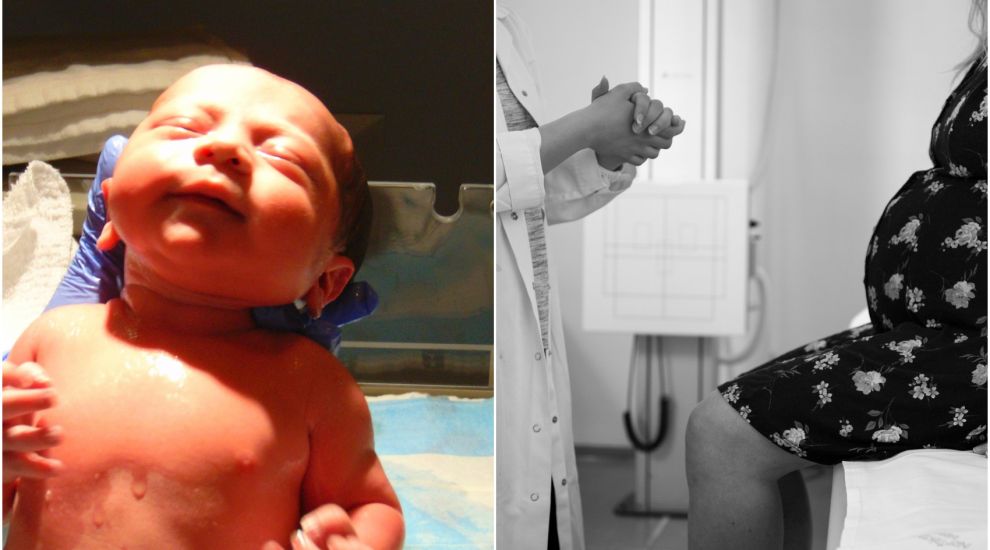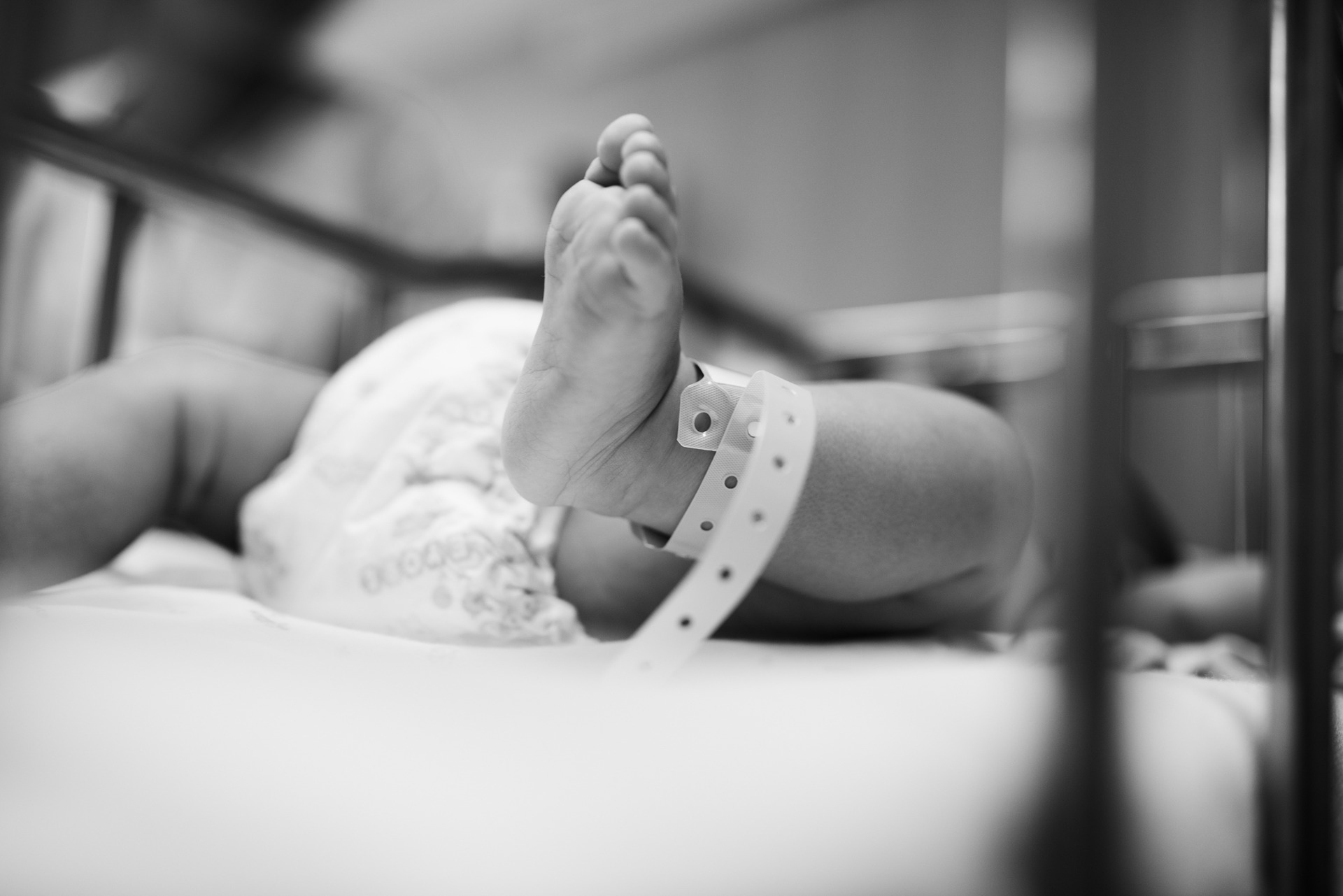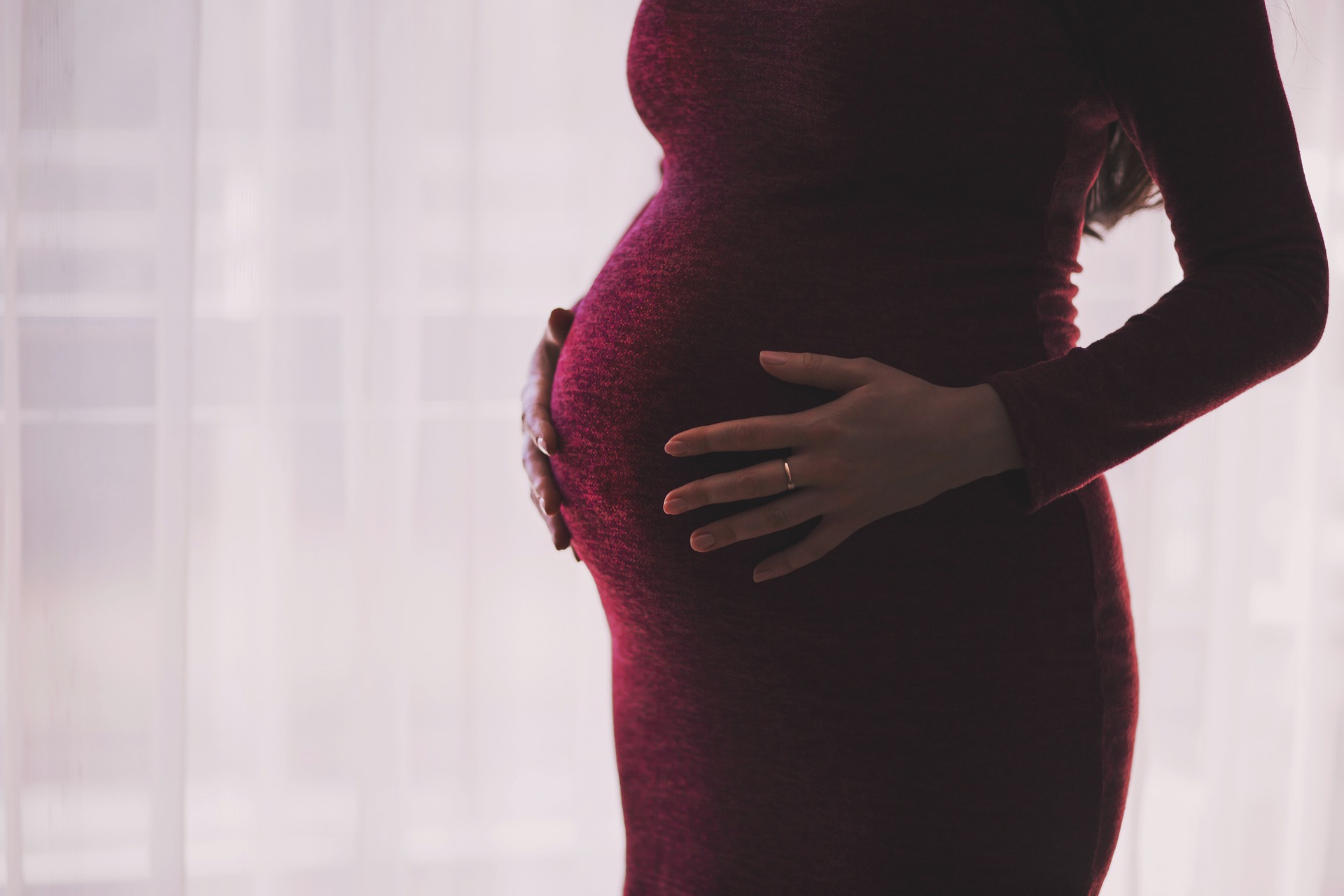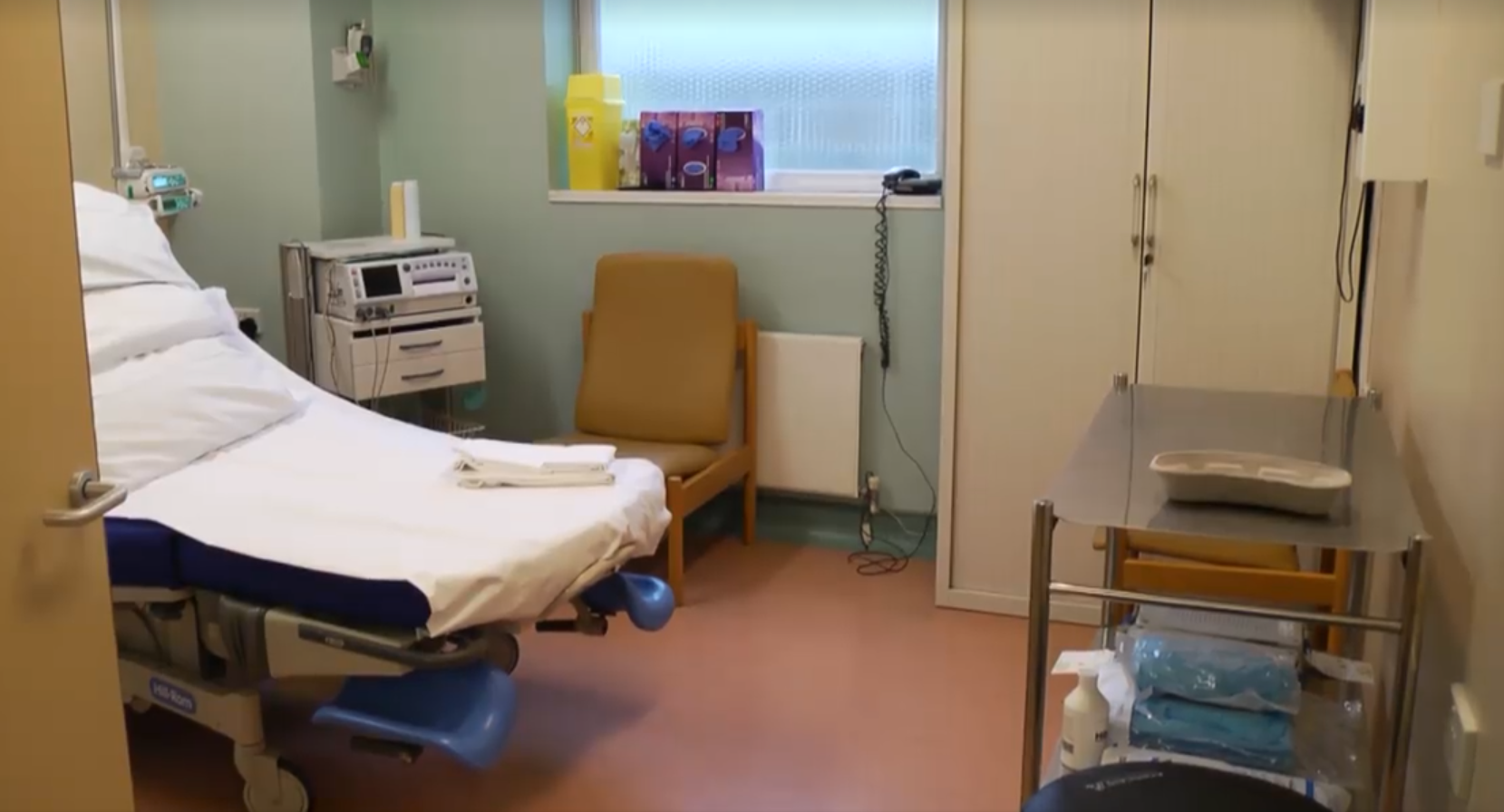


Women will be routinely screened for mental health conditions during and after a pregnancy as part of improvements being made to the maternity services.
The Health Department is also hoping to recruit a specialist mental health midwife to help support women and their families.
The news came during a Scrutiny hearing with the Health and Social Security Panel which is currently reviewing the maternity services.

Pictured: The NSPCC said there were "limited resources to meet the needs at the time expectant parents needs additional support".
Among the submissions made to the panel was a letter from Sabrina Charpentier, Team Manager at the NSPCC, who said that will the antenatal and perinatal mental health services are suitable, their delivery is “patchy and inconsistent”.
“We also believe that there are limited resources to meet the needs at the time expectant parents needs additional support; there is a lack of preventative approach which often lead to crisis management,” she added.
“We also feel that there are too many doors to access mental health services; the referral route is unclear and inconsistent which leads to some expectant parents to fall through the gaps."
Deputy Trevor Pointon, the Assistant Minister for Health and Social Services with responsibility for Mental Health said the perinatal mental health pathway was not active, allowing practitioners from various disciplines to refer women who need prenatal and post-natal support into the Adult Mental Health Services.
He added that the department hoped to recruit specialist mental health midwives to support families and staff.

Pictured: The Health Department wants to recruit specialist mental health midwives to support families and staff.
Rob Sainsbury, the group managing director for Health and Community, explained that funding had been provided for additional resources to be given to the service.
“We are getting an additional two sessions of doctor’s time to support the development of this pathway and also we have had funding for an additional perinatal nurse to join that service, so we are piloting that in 2021,” he said.
“The plan will be then we develop the business case as you mentioned, learn from the work that we are doing and then look to a more comprehensive service going into 2022 as part of the Government Plan.”
Mr Sainsbury said the department is “pretty confident” the pilot will identify a need and that the additional service will make a difference for patients.
The Health Minister, Deputy Richard Renouf, said that the public health aspects of maternity care are “vital” and hadn’t been given enough resources up until now.
“There is so much more we can do to improve that aspect of the service and we will want to,” he said.
“More widely the Government is bringing forward some mental health and wellbeing programmes in which there is a lot in there about preventative health and measures that can be taken and we need to address the issue of harm to children as a result of mothers consuming excessive amounts of alcohol or smoking during pregnancy, or the other risks that can arise perhaps through wider health determinants, poor accommodation or stress at work or stress arising through lack of income. All these things we recognise can affect the outcome for a child.
“We want to create post of a midwife who has a specific role in that preventative care and highlighting the risks to expectant mothers and helping them keep well during pregnancy to improve the chances for their babies.”

Pictured: The Health Minister said the public health aspects of maternity care are “vital” and hadn’t been given enough resources up until now.
Head of Midwifery, Donna Scott, explained that the new perinatal mental health pathway had been developed with the help of midwives.
She said that pregnant women will now be given an additional “public health” appointment with a midwife to discuss “health prevention, health promotion and health protection process for pregnancy”.
During that appointment, women will also be screened for mental health issues or mental illnesses. After birth, women will also be screened routinely for conditions such as post-natal depression, post-natal anxiety and PTSD from birth trauma.
“Postnatally, the process will be the same,” Ms Scott said. “There will be more robust interviews, a sort of motivational screening to tease out those women who feel more vulnerable and that will continue in that pathway under the guise of the whole team, but with the perinatal mental health midwife.
“It is part of our business plan to have a perinatal mental health midwife who will link in and be a support and be able to help women with the referral and help other midwives manage expectations and help them manage those referrals and processes.”

Pictured: The £6m project to refurbish the maternity unit will start in June.
Meanwhile, refurbishment of the maternity unit is due to start in June, the Health Minister has confirmed. The £6m project will be completed in 2023 due to work having to be phased out so that services can continue running.
“We won’t be lacking, we won’t be removing any provision that now exists and therefore we need to have no concerns about the provision of the maternity service,” Deputy Renouf said.
Ms Scott said that following the refurbishment the service will have “better en suite birthing suites” which will have capacity for a birth partner to stay. The number of beds has also been reduced on to give each couple more personal space.
The service will also have a midwife-led area, with two rooms, giving women a choice between “traditional care, homebirth care or birthing on the midwife-led birth unit”.
Comments
Comments on this story express the views of the commentator only, not Bailiwick Publishing. We are unable to guarantee the accuracy of any of those comments.